MIT artificial intelligence researcher Lex Fridman recently asked SpaceX and Tesla founder Elon Musk possibly the best question he's ever been asked: What would he ask a hypothetical AGI system (an AI system with human-level intelligence and understanding) if he only had one question?
After a dramatic pause, Musk answered, "What's outside the simulation?"
It sounds like an amazingly cool line in a scene from a science fiction movie. But there's one problem — as far we know, we live in reality, not within a simulation. And right now, a disconnect from reality is the last thing we need. That's why when Musk, generally considered one of the smartest people working in tech, made his first public comment on Twitter about the coronavirus (aka COVID-19), what he said was pretty shocking.
"The coronavirus panic is dumb," said Musk, on March 6, just five days before the World Health Organization (finally) declared what everyone already knew — that the coronavirus is a pandemic health emergency.
The coronavirus panic is dumb
Very soon after that tweet, Musk got back to talking about his plans for SpaceX, as his fans continued to like and retweet his every utterance. And while in hindsight Musk's statement seems unworthy of such an intellect, it makes more sense if you remember that this is a man with a seemingly genuine, sneaking suspicion that we're all living in a simulation. Well, whether we are or not, real people are dying and will continue to die for some time because of the coronavirus. For the families of those victims, this isn't a simulation. It's very real.
And no, coronavirus panic isn't dumb. Let me explain why.
First, let's address the root of the problem with Musk's statement: the word "panic." The word's dictionary definition is described as "uncontrollable fear or anxiety." But in the weeks leading up to our current health crisis in the US, many very high profile and intelligent people like Musk labeled anyone mentioning any concerns or preparation for the coming health issue as "panic." In a way, it's a kind of shaming mechanism. A passive-aggressive method of getting people to mirror normal behavior and continue daily life, even as emerging facts (in this case, in Wuhan, China) demand at least some attention.
Real panic, based on my years of experience living in Tokyo during the Fukushima disaster, and living in Manhattan, just 20 blocks away from Ground Zero during 9/11, begins when people stop preparing, collecting and considering information, and fall into a state of denial. Real panic is the nervous guy in the movie begging the group to "just stay put, I'm sure the authorities are handling it," while someone else is pushing for preparation and a well thought out plan of action.
Now, in the second week of March, you're not hearing too many people say "don't panic." As the stock market has crashed, twice, all manner of US businesses shutter to prevent community spread of the virus, sports leagues postpone seasons, and most major live events are being canceled, you also have a number of rightfully concerned citizens now taking action. This is after being told for two months, repeatedly, to not "panic" by tech moguls and various experts on social media. Now the public is rushing to buy supplies and furiously checking breaking news alerts. Welcome to my reality back in January, when I took very seriously what I was told was happening in China by reliable news agencies and personal friends still living in Asia.
In truth, some people in the US are, quite understandably, exhibiting "fear and anxiety," because most people alive today have never experienced such a seemingly mysterious and mostly invisible threat. But if you were, like me, making preparations for this moment way back in January, when the first images from China of the virus' impact, and the rush to build new hospitals in Wuhan, a modern city of nearly 12 million people (larger than New York City and Los Angeles combined) began, you probably understand something about how people, even our smartest and most talented, tend to talk about aberrant ripples in "the simulation."
For those experienced in emergency scenarios, when we hear authorities figures discouraging panic, an auto-correct function fixes the word in our brains and we hear "preparation." It's as if someone very smart and respected decides to publicly state, "Relax, don't [prepare], the situation appears to be under control." Nope. Auto-correct. Begin. Taking. Action.
So when things like 9/11, Fukushima, or the coronavirus happen, you should not give in to "fear and anxiety," and panic. But you should prepare. No matter what technology luminaries or various experts tell you. Generally, you're being told these things because they 1. Simply haven't been paying close attention (the daily news torrent can be difficult to keep up with), 2. haven't come to grips with the possibility that the unfolding crisis could affect them, or 3. they're part of an official organizing group or professional network whose mission is to calm the public even in the face of possible danger. That last one is called people management, and it's not insidious or a conspiracy, it's just how officials work to make sure the general populace doesn't "really" panic (dictionary definition) and stir public disorder.
Of course, you don't want to go overboard and start hunting for freeze-dried foods that last 30 years, but when you're given the very early warning that we were given by China's situation, there are things you can do to prepare to protect yourself and your family. So when some very smart person on social media tells you that you're "panicking," now or in the future, load up this post as a piece of mental software to auto-correct the word "panic" to the more appropriate word "preparation."
If you're still thinking of listening to the tech heroes and social media experts opining on the topic of panic as it relates to the coronavirus, perhaps take a moment to watch a video titled "Why it's better to panic early," posted this week by Nassim Nicholas Taleb, the author of the widely celebrated business philosophy book The Black Swan: The Impact of the Highly Improbable.
Not following the herd can be difficult. The pull to conform to accepted social norms can be almost irresistible. But what I've learned through surviving the unexpected (so far) is that, in times of crisis, if you pause, take a deep breath, and consider a different way of thinking, there are rewards that may spell the difference between remaining healthy, or putting yourself in the way of peril.
As the US healthcare system works to care for those impacted by the coronavirus, there are ways you can harness the technology of mobile apps, social media, and myriad cloud-based solutions to help you more successfully traverse the unexpected. In the following days and weeks we'll be providing tech-powered tips, tools, and information that will allow you to catch up to the speed of this unfolding health crisis and reset your perspective on what it means to protect yourself and your family.
Just updated your iPhone? You'll find new emoji, enhanced security, podcast transcripts, Apple Cash virtual numbers, and other useful features. There are even new additions hidden within Safari. Find out what's new and changed on your iPhone with the iOS 17.4 update.
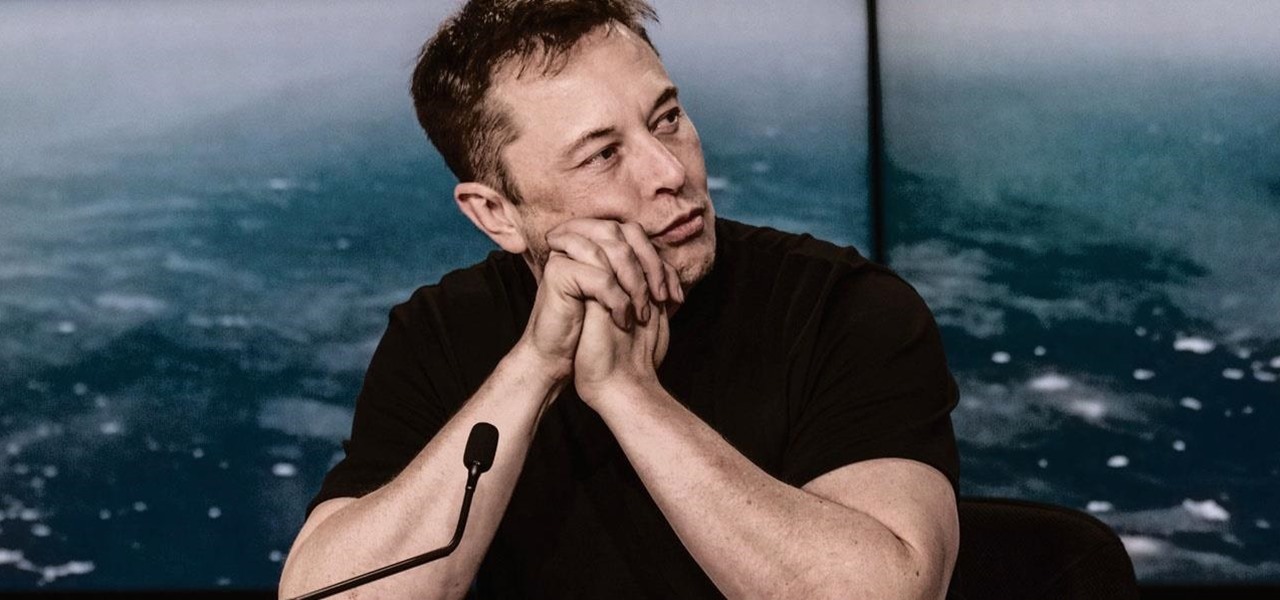
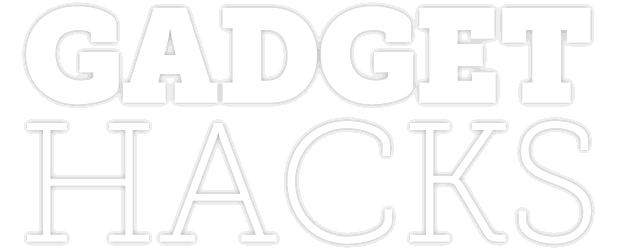


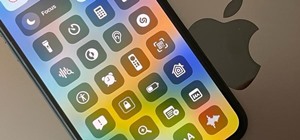
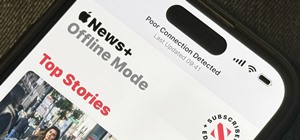
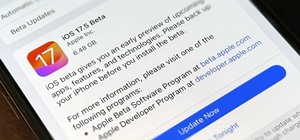
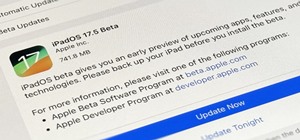
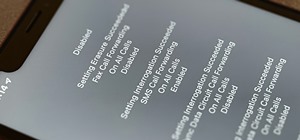
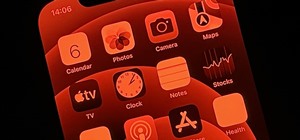

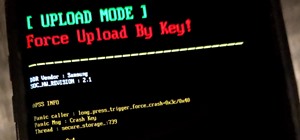

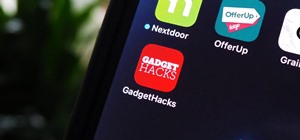
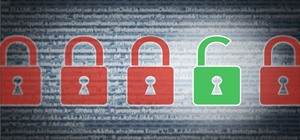


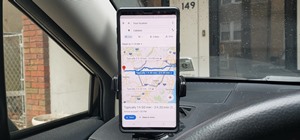
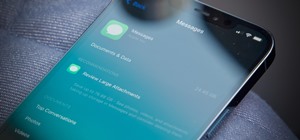


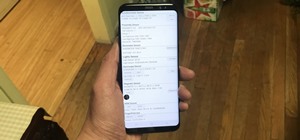
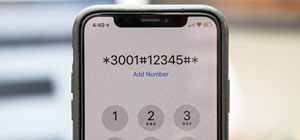
1 Comment
Panic is always dumb.
Share Your Thoughts